W INGS OF W AR
AN EVENING ENCOUNTER OVER ARRAS.
WINGS OF WAR
An Airmans diary of the last year of the war
BY
RUDOLF STARK
Translated into English by
CLAUD W. SYKES
Philadelphia & Oxford
This edition of Wings of War is published in
the United States of America and Great Britain in 2014 by
CASEMATE
908 Darby Road, Havertown, PA 19083
and
10 Hythe Bridge Street, Oxford, OX1 2EW
 A Greenhill Book
A Greenhill BookCopyright A. R. Kingsford, 1930
Typeset & design Casemate Publishers, 2013
ISBN 9781612001876
Digital Edition: ISBN 9781612001883
Cataloging-in-publication data is available from the Library of Congress and the British Library.
All rights reserved. No part of this book may be reproduced or transmitted in any form or by any means, electronic or mechanical including photocopying, recording or by any information storage and retrieval system, without permission from the Publisher in writing.
Printed and bound in the United States of America.
For a complete list of Casemate titles please contact:
CASEMATE PUBLISHERS (US)
Telephone (610) 853-9131, Fax (610) 853-9146
E-mail:
CASEMATE PUBLISHERS (UK)
Telephone (01865) 241249, Fax (01865) 794449
E-mail:
PREFACE
T here will always be war as long as there is life on earth. Individuals will come to blows, quarrels will arise in families. Tribes will have their feuds, nations will fight battles and races will destroy one another.
War will be eternal and stronger than any religion.
Every war has a purpose. Sometimes this is clear enough for everyone to understand it, but often it is quite obscure. The limits of necessity are blurred, and so no one can grasp the purpose of the war.
War has its horrors. Fearful agonies follow in its train. But every war has also its values and beauties. Cowards do not love the battlefield; they tremble, and in their fear they can only see the pettiness. Afterwards they can grumble at the war.
There will be many grumblers, because there are many cowards. But many men took their share in the war. The one served his gun, while another soared in the air and fought honourable duels. A third crouched continually in the trenches and was only an insignificant fraction of the mighty struggle.
Men learnt to know one another in the fire of murderous battles when everything petty fell away from the individual, leaving the spirit naked, pure and devoid of falsehood. Then there was nothing mean or insignificant left; war stood out in all its exalted greatness.
We must all die one day. Every man clings to life. We of the younger generation had our whole lives before us; we had the most to lose.
But Death lost his terrors for us, because he became commonplace and natural. Our fear of Death vanished because we learnt to despise him.
We airmen had the best part of the war allotted to us. We were not exposed to many circumstances that wore down and broke the others.
We still had the honourable combat of man against man, that stood out like a thing of another age amid the din and shock of mass warfare.
And we loved those combats above all else. Because we loved them whole-heartedly, the war became a thing of beauty for us. A set of values was created for us, and we knew nothing else save war. Therefore we found a home in the war.
Chapter I
FLYING A SCOUT MACHINE
I t is raining. A fine but persistent drizzle. Grey mists hang over the valley of the Meuse; the water on the flooded meadows resembles a dull brown mirror, with many cracks and splinters.
We are bored. The Verdun front is quiet. Only very few machines are sent up from our group, and it is always the same story when you have to fly. You hang about in the air for a couple of hours, fly the course set by the observer and feel like a kind of superior taxidriver. Then you lounge in your quarters, nail pictures from illustrated papers on the walls and get really angry when you think of the comrades belonging to the Jagdstaffels* who win victory after victory.
I too want to be a scout. But I must wait until my observer goes off for instruction. He put in for a transfer some time ago, but applications must travel long roads, which are often longer than a mans life. We both want to get awayhe to a scout school, I to fly a scout. But we have grown used to one another, and I do not want him to have to fly with a strange pilot. Such changes in a team bring little good with them; only too often they lead to a speedy crash.
So I must wait! The whole world around me has lost all semblance of reality. One goes on dreaming, and the grey day seems all the greyer.
At last! My transfer has come.
I execute a joyful dance round the room, which causes Wart, my faithful sheepdog, to open his eyes in astonishment. Then he accompanies my whoops with a series of wild barks.
I must pack my trunk. I must say goodbye. I feel the impulse to be gone. Even though I must leave many good comrades, what is the parting in comparison with the joy of flying a scout machine!
Why am I so delighted?
Life here gains in beauty and variety. Almost every flight is a success. We note the effects of the artillery and feel pleased when we secure a direct hit on a particularly promising target. We bring photos home and endeavour to trace the enemys recent activities amid the maze of trenches and shell-holes displayed on them. We are as pleased as children at Christmas when a new battery position comes to light. We are helping the infantry, we are wanted everywhere, and from above we survey the full extent of the battlefield. Almost every flight is a success.
And thenthere are two of us.
Another human being is partner of my fate. If anything goes wrong with the machine, we are both in trouble. The observer puts his trust in the pilots flying skill, the pilot in the observers watchfulness. A single stream of blood flows through the machine from the pilot to the observer and back again. Every danger is shared, and affects both equally. The pilot knows what is coming even before the observer raises an arm to point it out to him. Every brief second is a co-operation, every long hour a mutual endeavour. And yetsomething drives me away.
It is no desire for novelty, no grasping out after successes and distinctions. It is my longing for a better machine, better flying and perhapsfor solitude.
It is also the joy of battle.
We had a different goal in our heavy two-seater. The battles we fought were defensive ones, thrust on us by necessity.
But battle is the main objective of the scout. He rejoices in battle, in his attacks,not in the killing.
He stakes everything on complete victory or defeat.
Unless youve the courage your life to stake,
That life you never your own can make.
I am seconded to Jagdstaffel School No. 2 in Saultain, near Valenciennes. This is my transition period.


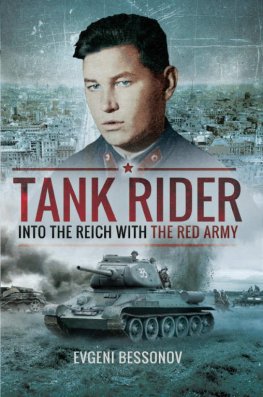
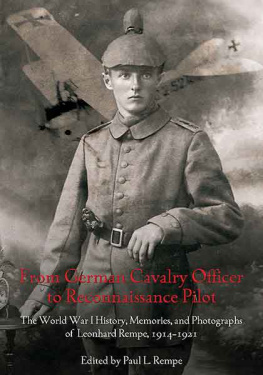
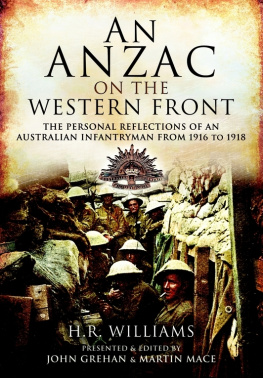
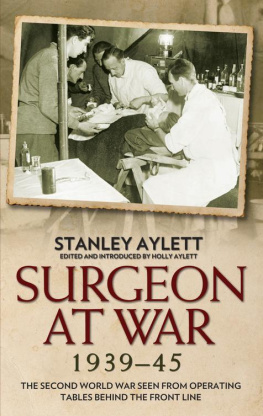
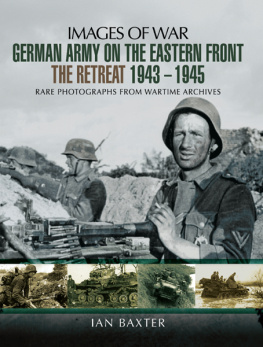
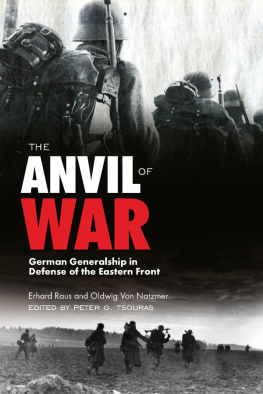
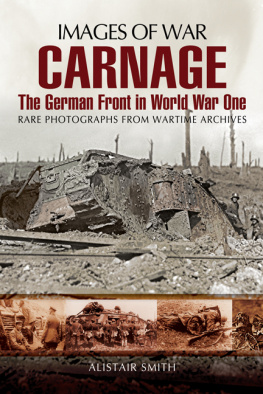
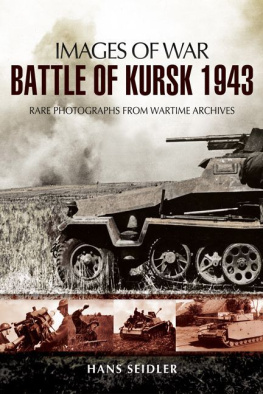
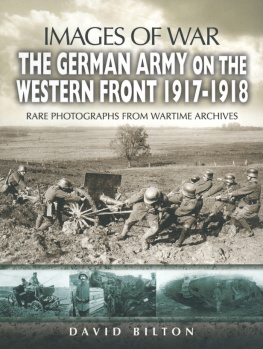
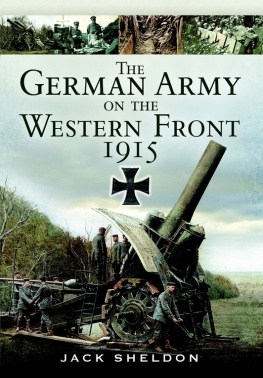
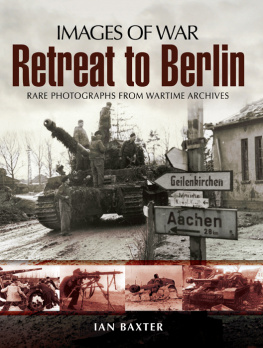




 A Greenhill Book
A Greenhill Book